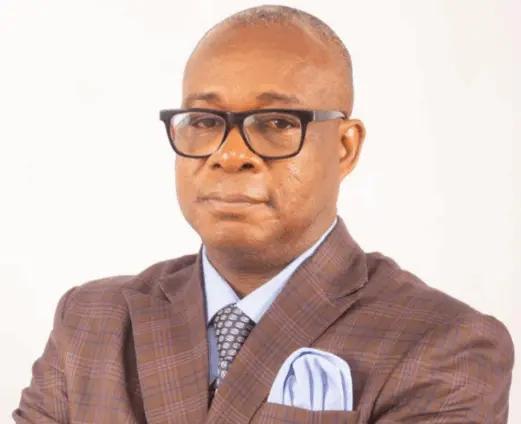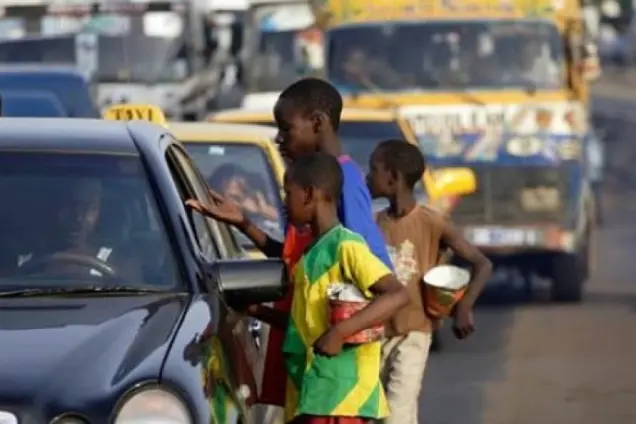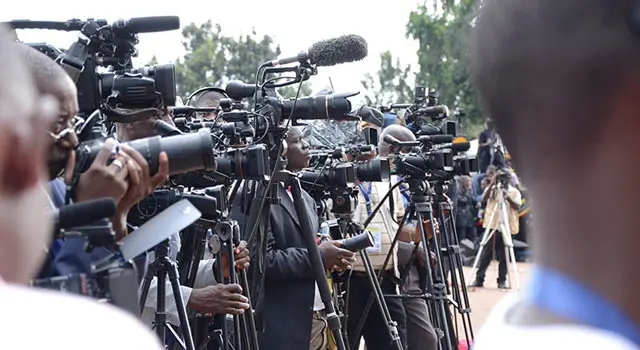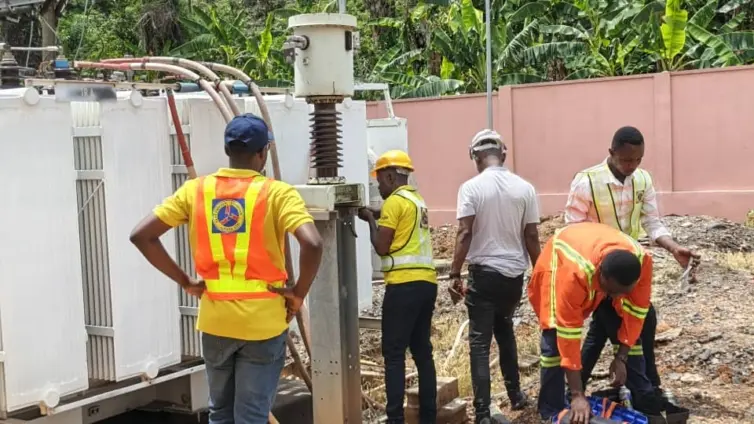DAR ES SALAAM, Tanzania — President Samia Suluhu Hassan of Tanzania has issued a sharp warning aimed at Kenyan activists, signaling a firm stance against what her administration perceives as unwarranted interference in Tanzanian affairs. Her declaration comes at a sensitive time, amid growing apprehension over political repression and in the lead-up to crucial elections. The recent deportation of Kenyan lawyers and human rights advocates, who had traveled to Tanzania to observe the trial of prominent opposition leader Tundu Lissu, has heightened these tensions, placing a spotlight on the nation’s commitment to political freedom.
The controversy erupted when Martha Karua, a former Kenyan Justice Minister, alongside other legal professionals and rights campaigners, were barred from entering Tanzania. Their intention was to attend the court proceedings of Tundu Lissu, a Chadema party leader facing serious charges of treason and allegedly disseminating false information. This move by Tanzanian authorities has triggered widespread condemnation from human rights organizations and sparked concerns about the fairness and transparency of the upcoming electoral process. The situation underscores the delicate balance between national sovereignty and the universal principles of human rights and political expression, especially concerning the treatment of figures like Tundu Lissu.
At the heart of the matter is Tundu Lissu, who was apprehended on April 9 after publicly advocating for significant electoral reforms. The Tanzanian government has charged him with treason and publishing false information online, accusations that carry severe penalties, including the possibility of the death sentence. Lissu’s legal team has voiced strong objections to the proceedings, particularly against the use of virtual court sessions, arguing that they undermine the principles of transparency and open justice. “You will be fine. You should not fear,” Lissu declared to his supporters during a court appearance, a moment captured by various media outlets. However, the heavy police presence surrounding the courthouse has only amplified concerns about the fairness of the trial and the government’s approach to political dissent.
“We will not give a chance to anyone to come and destroy us,” President Samia Suluhu Hassan stated emphatically, defending her administration’s actions. Addressing the launch of Tanzania’s new foreign policy in Dar es Salaam, she asserted that her primary duty is to safeguard Tanzania’s peace and stability. She further instructed authorities to prevent individuals from entering Tanzania, particularly “those who have spoiled their countries,” suggesting a concern that external influences could destabilize the nation. This perspective underscores the government’s determination to maintain control and prevent what it perceives as disruptive interference from abroad. “I have seen several clips saying I am biased, but what I am doing is protecting my country which is the key mandate I was given,” President Samia added.
These events have provoked strong reactions from human rights organizations. The Tanzania Human Rights Defenders Coalition expressed deep concern over the “arbitrary arrests” and the broader implications for political freedom. Adding to the controversy, the Chadema party has been disqualified from participating in the general election due to its refusal to sign a code of conduct, further raising questions about the inclusiveness and fairness of the electoral process. Former Kenyan chief justice David Maraga expressed hope that “the legal process ahead will be fair, just, and expeditious,” highlighting the regional interest in ensuring a just resolution to the case.
The coming months will be critical in shaping the future of political discourse and democratic practices in Tanzania, especially as the nation prepares for its next general election. The actions taken by the government, the response from international observers, and the fate of figures like Tundu Lissu will all play significant roles in defining Tanzania’s trajectory. Continuous monitoring and comprehensive reporting are essential to uphold transparency and guarantee equitable treatment for all stakeholders involved. The warning issued by President Samia serves as a stark reminder of the challenges facing political freedom and the importance of safeguarding human rights in the region.
Image Source: MYJOYONLINE






















